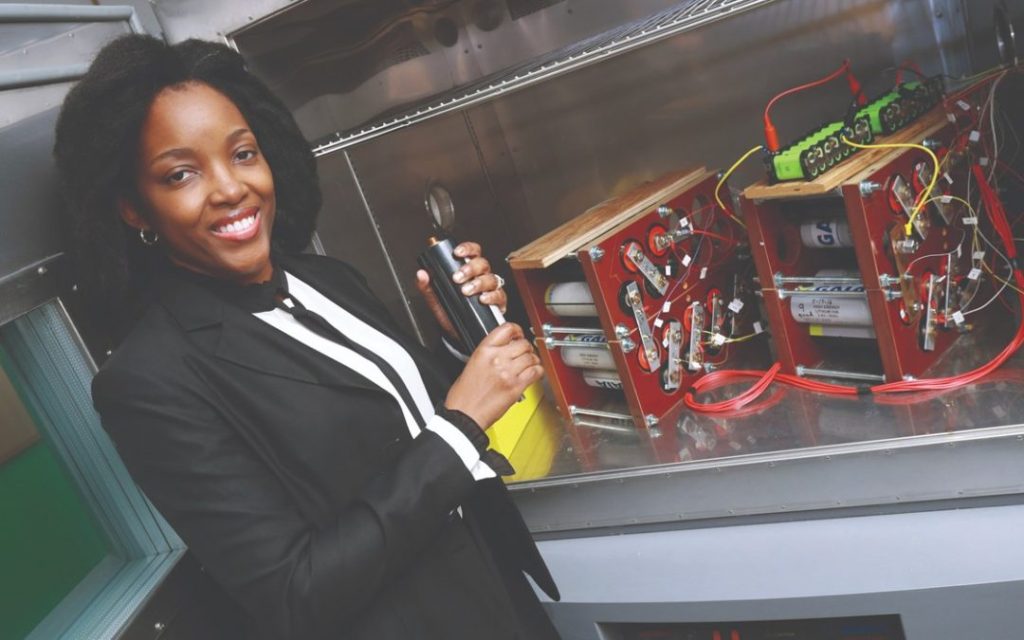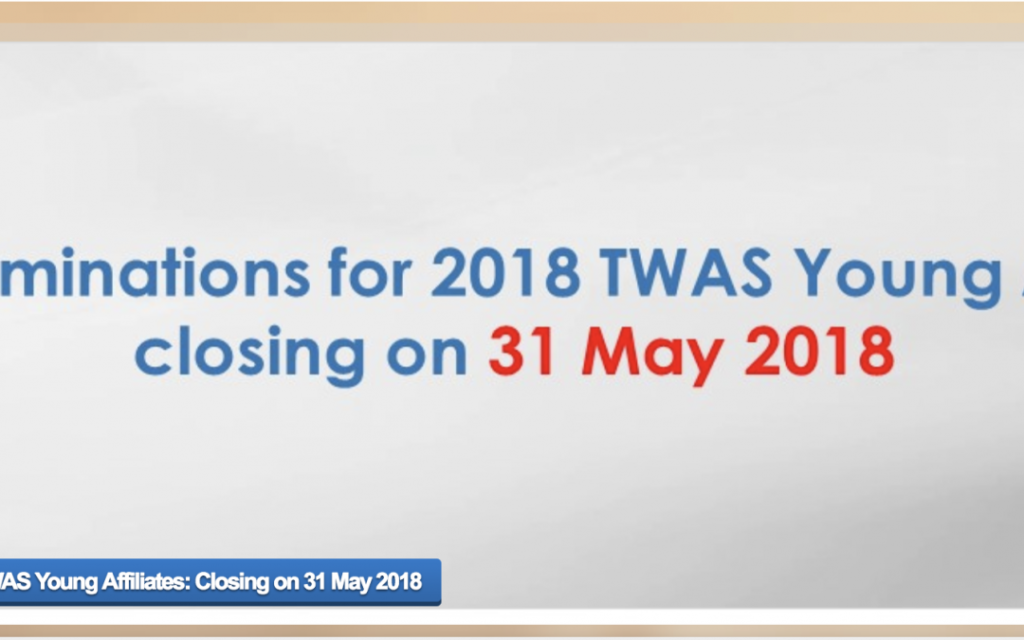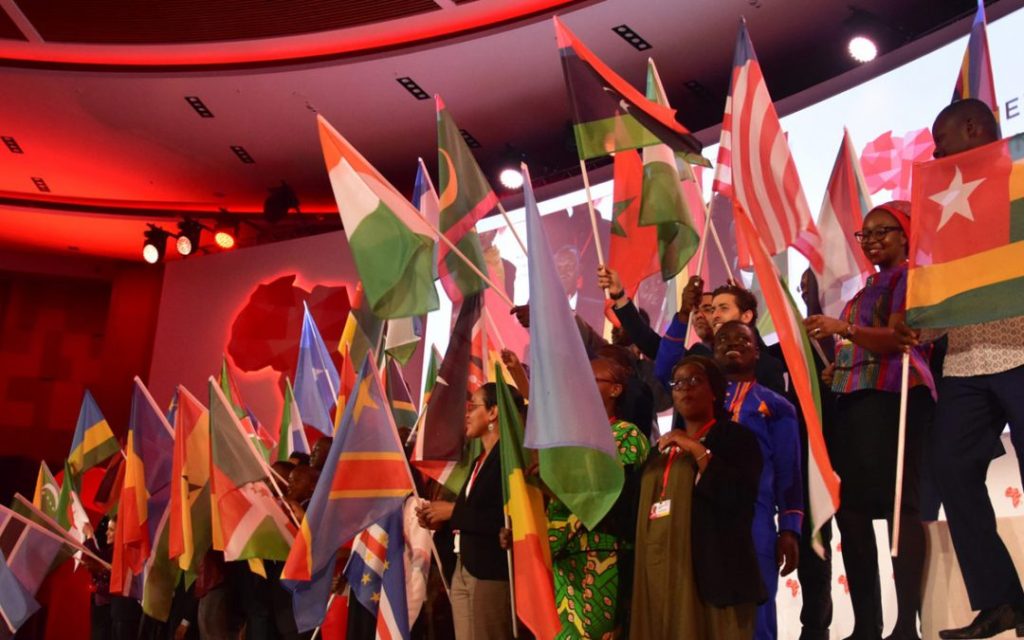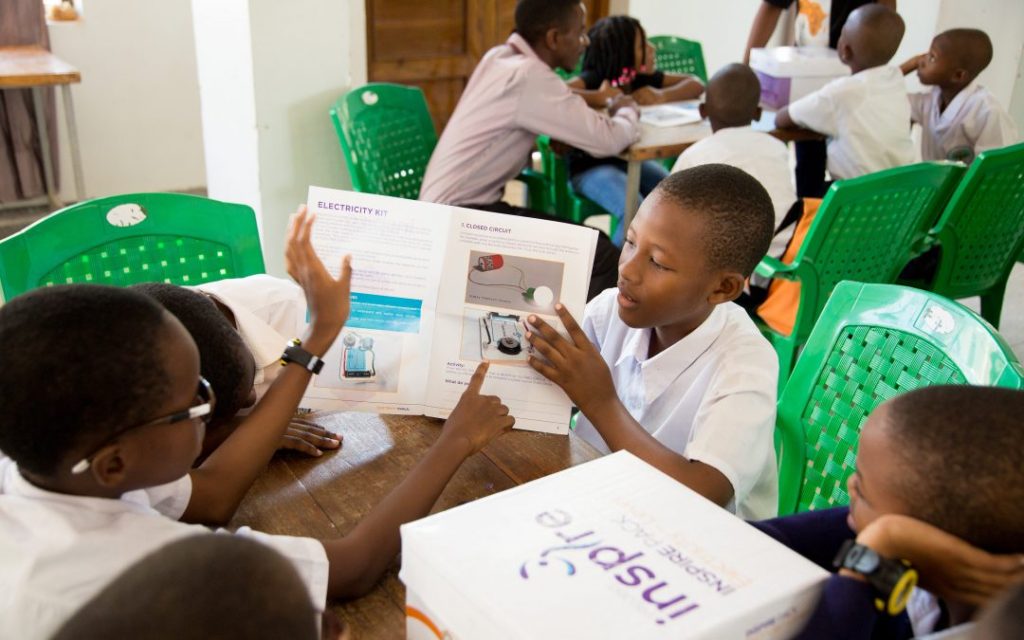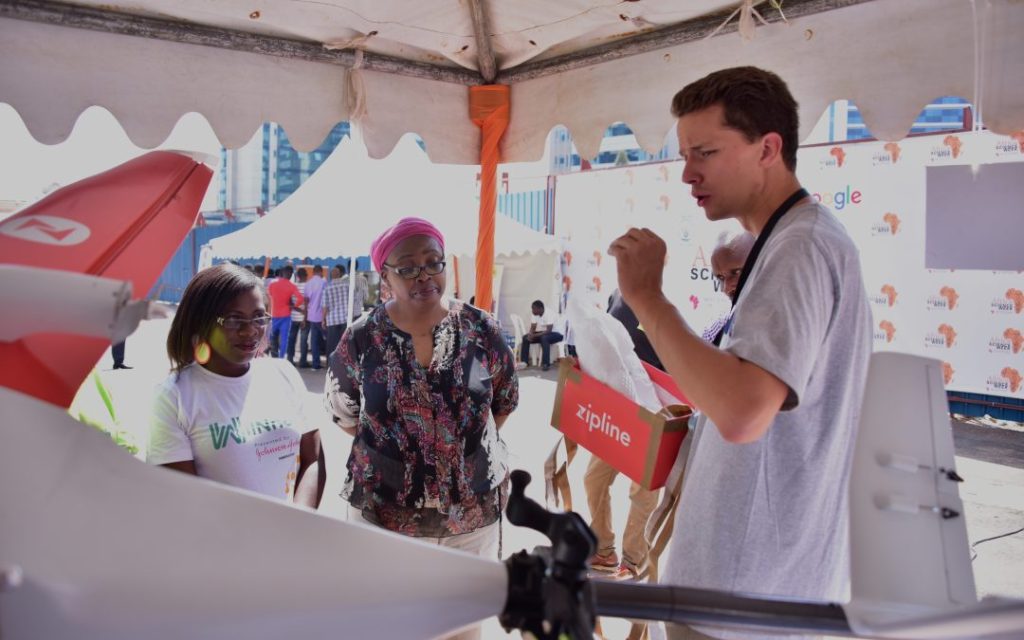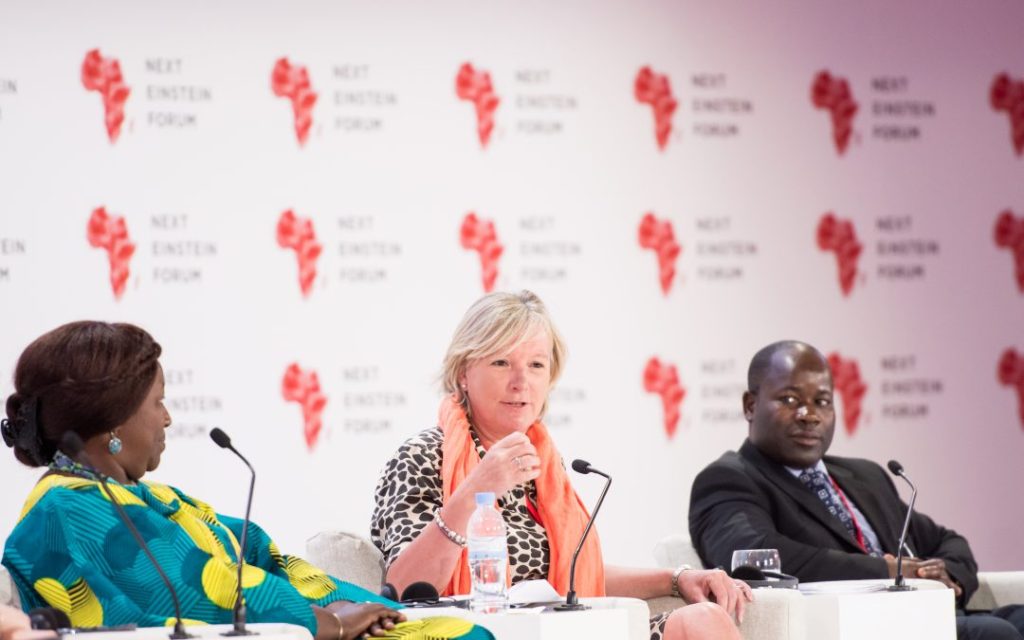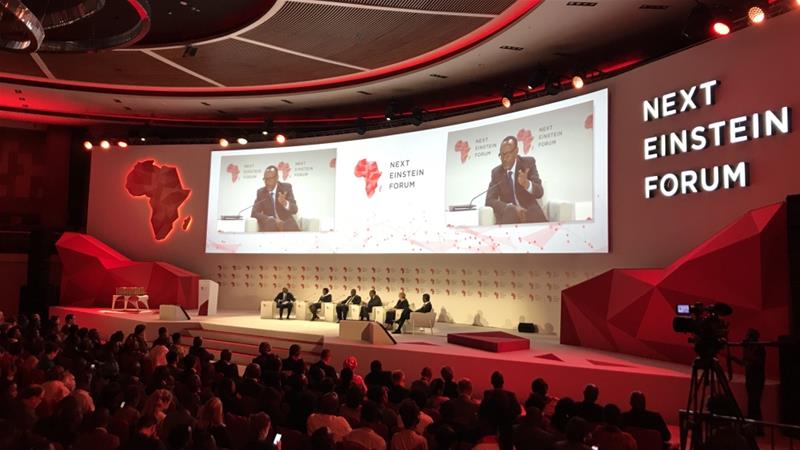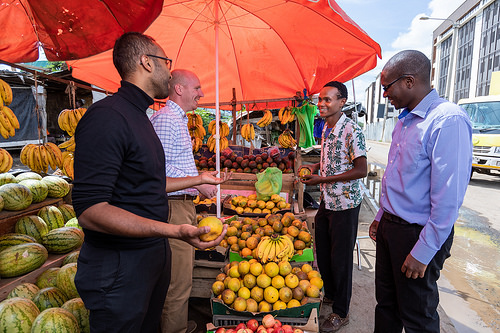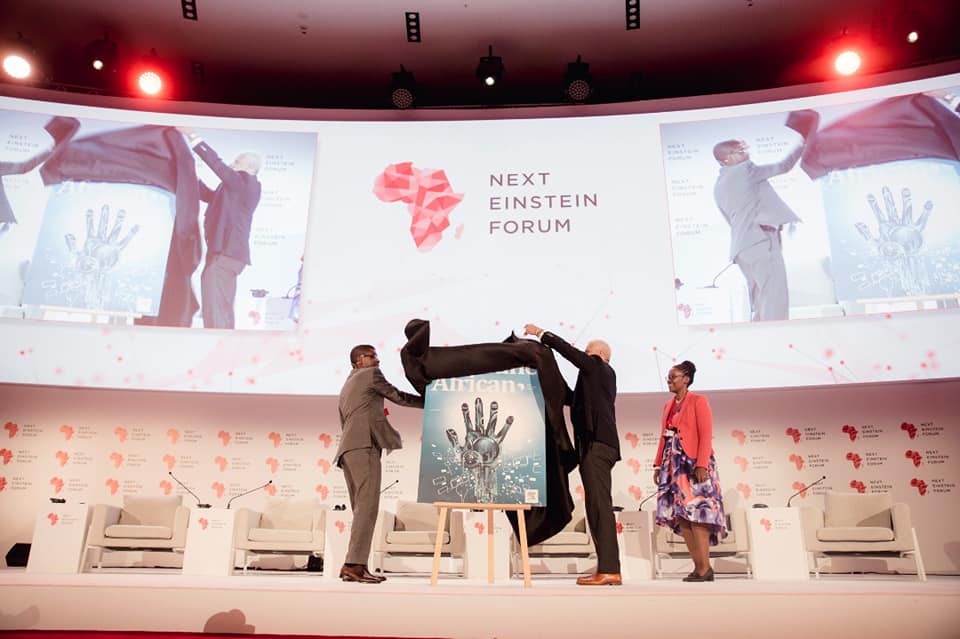Ngalula Mubenga, an electrical engineer at the University of Toledo, has developed a new technology referred to as a “bilevel equalizer.” The device combines the high performance of an active equalizer with the low cost of the passive variety. The technology arranges cells into sections where each is balanced by a passive equalizer. The entire section […]
Read More… from Ngalula Mubenga has developed a new technology referred to as a “bilevel equalizer.”

